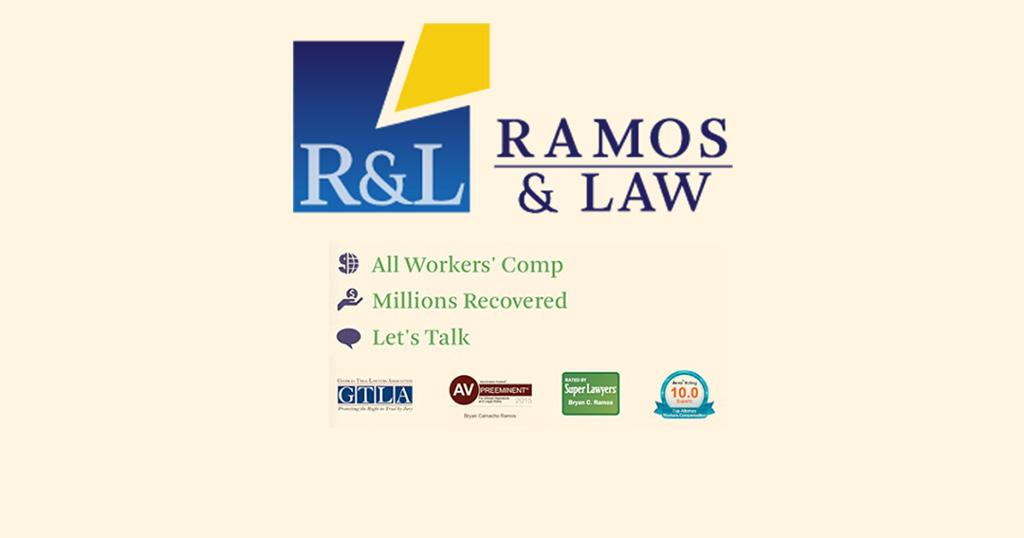
Injured employees being laid off from Briggs & Stratton in McDonough, Georgia, may be entitled to workers’ compensation income benefits. These workers will be classified in certain categories. First, if injured Briggs & Stratton workers are “out of work” on “total disability” from a work-related accident or injury and they are receiving income benefits at the time of the lay off, those workers should continue to receive those benefits. The closing of the McDonough plant will not change the status of the employee’s entitlement to benefits. These benefits may be modified if the authorized treating physician releases the injured employee to “full duty” or “regular duty” work status.
Second, if the injured workers are on “light duty” work status at the time of the lay off, they are not automatically entitled workers’ compensation income benefits. These workers have a burden to look for suitable light duty work after they have been laid off. This job search must be “diligent” and sincere. If the injured employee is not able to secure “suitable” employment elsewhere, the court must be able to “infer” that the former employee’s reason for being refused subsequent employment is due to the residual physical restrictions. This analysis will be heavily fact sensitive and attorney should be consulted.
From a medical perspective, the plant closing should have no bearing on whether an injured worker is allowed to seek further treatment for his or her occupational injury. The future medical care includes visits to the doctor, physical therapy, diagnostic centers, medication and mileage reimbursement.
The Employer, Briggs & Stratton, or any other company cannot contract around workers’ compensation. For example, if an injured worker at Briggs and Stratton accepts a “severance package”, this contract will not contain waivers of the employee’s entitlement to workers’ compensation benefits. Any waiver or release of workers’ compensation must be approved by the Georgia State Board of Workers’ Compensation by law and the employee should retain counsel to navigate him or her through this complicated process.
